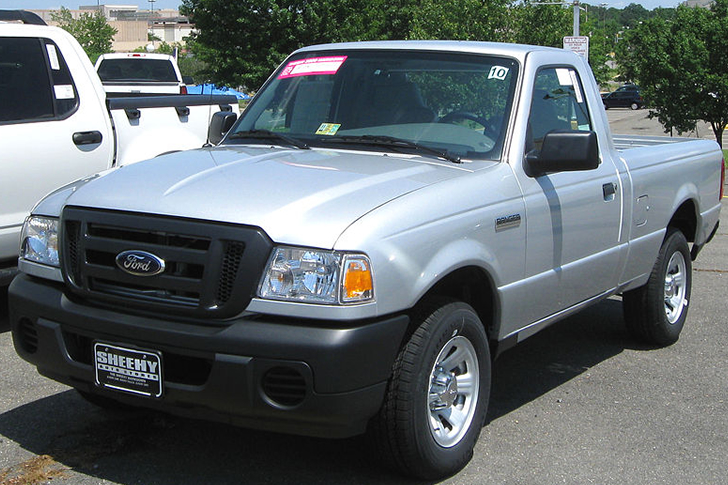How to Get a Reliable and Cheap Cash Car
In today’s economy, buying a car outright with cash can reduce your money on interest and finance charges, making it a financially sound decision for those looking to maximize their budget. This guide provides detailed insights into how to find and purchase cheap cash cars, offering practical tips to ensure you get the good value for your investment.

Understanding the Market for Cash Cars
Cash cars are typically used vehicles purchased without financing. Buying a car with cash can often give you a price advantage, particularly when dealing with private sellers or at auctions where quick sales are favored. The key to finding a good deal on a cash car is knowing where to look and how to assess the vehicle’s value and condition effectively.
1. Set Your Budget
The first step in purchasing a cash car is to determine your budget. It’s important to include not just the purchase price but also potential costs for immediate repairs, maintenance, insurance, and registration. A realistic budget for a cash car might range from $2,000 to $10,000, depending on your needs and the market conditions in your area.
2. Where to Find Cash Cars
- Online Marketplaces: Websites like Craigslist, Facebook Marketplace, and eBay Motors are good starting points. Sellers on these platforms often prefer cash transactions and may be open to negotiation.
- Local Dealerships: Some dealers offer older cars that are priced to sell quickly. Visiting local dealers can sometimes yield good deals.
- Public Auctions: Government and police auctions are excellent places to find cash cars at significantly reduced prices. Vehicles may be sold for cash to clear out inventory, recover costs, or dispose of seized assets.
- Community Boards: Local community centers and bulletin boards can sometimes have listings for vehicles for sale.
3. Assessing Vehicle Condition
- Mechanical Inspection: Always have the car inspected by a trusted mechanic before purchasing. This can help avoid costly repairs down the line.
- History Report: Use the vehicle’s VIN to get a history report from services like Carfax or AutoCheck. This report can provide valuable information about past accidents, service history, and previous ownership.
- Test Drive: A thorough test drive can help assess the car’s mechanical condition and ensure that it meets your needs.
4. Negotiating the Purchase
- Research Vehicle Values: Use resources like Kelley Blue Book or Edmunds to understand the fair market value of the car you’re considering.
- Be Prepared to Walk Away: Showing your willingness to walk away can sometimes encourage the seller to offer a better price.
- Cash Advantage: Remind the seller that a cash transaction is simpler and faster, which can be leveraged into negotiating a lower price.
5. Closing the Deal
- Proper Documentation: Ensure you receive a bill of sale and a clean title from the seller. Avoid cars with a salvage title unless you are fully aware of the associated risks.
- Registration and Insurance: Register the vehicle and obtain insurance promptly to comply with state laws.
6. After Purchase Tips
- Immediate Maintenance: Change the oil, check the tires, and perform other basic maintenance tasks to ensure the vehicle is roadworthy.
- Budget for Repairs: Set aside a part of your budget for potential initial repairs to avoid surprises.
Conclusion
Buying a cash car can be an excellent way to save money and avoid the long-term financial burden of a car loan. By carefully selecting the vehicle, negotiating effectively, and ensuring the car is in good condition, you can secure a reliable vehicle that meets your needs without breaking the bank.







Recent Comments